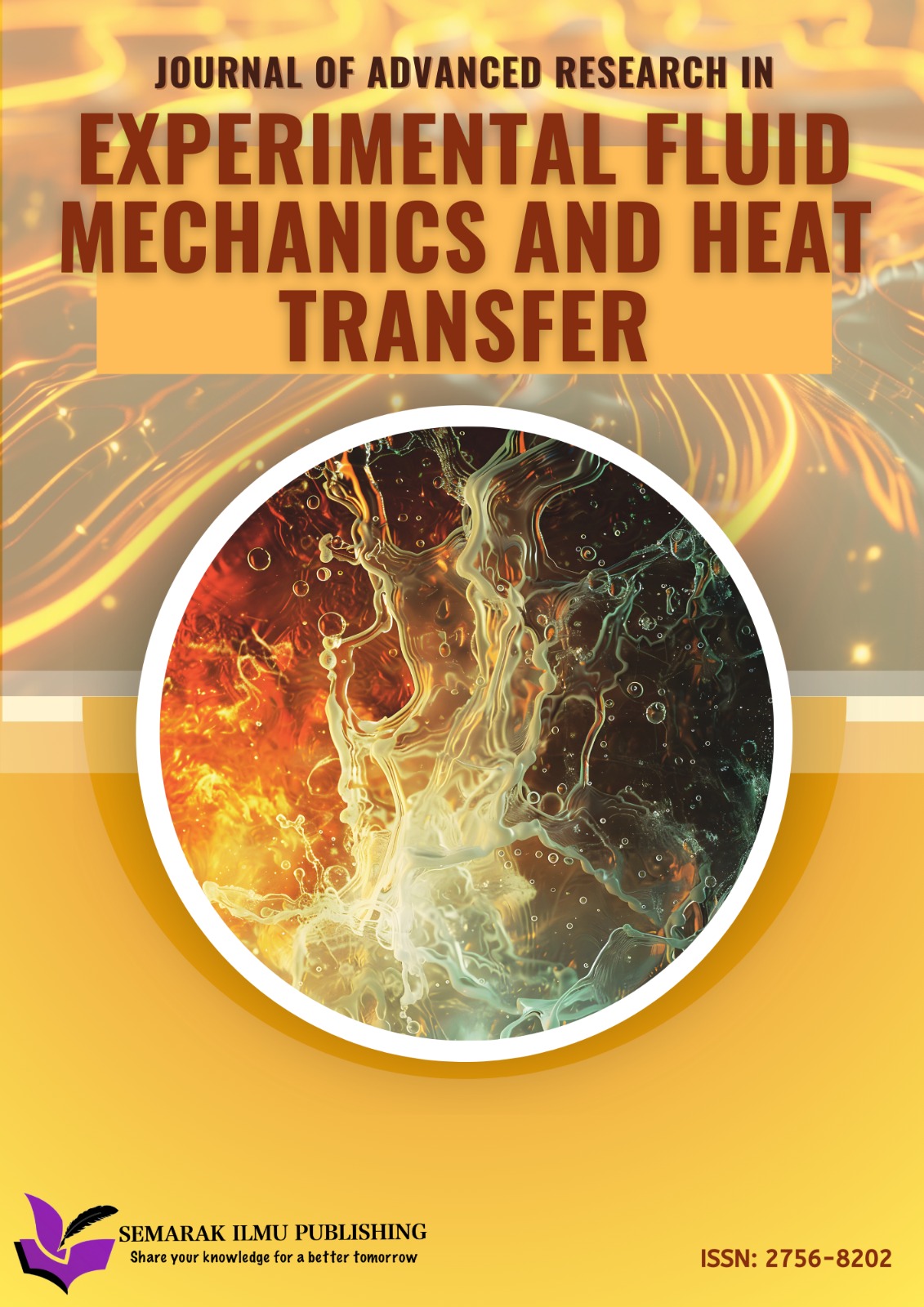Numerical Study of Haemodynamics Behaviour in Normal and Single Stenosed Renal Artery using Fluid – Structure Interaction
Keywords:
Haemodynamics, Renal Artery, exercise and Resting condition, AtherosclerosisAbstract
The haemodynamics of cardiovascular diseases such as atherosclerosis can be demonstrated using an advance technique of Fuid-Structure Interaction Simulation. This technique have the ability of studying the complex interaction of blood flow through elastic arteries using the computational aid. The aim of present study is to investigate the haemodynamics behaviour of blood flow in a 3D model of an idealistic abdominal aorta with renal branches with the normal and single stenosed cases under normal and high blood pressure condition. The 3D abdominal aorta model is generated using single slice technique base on Computed Tomography (CT) image. Numerical analysis is performed using FSI solver of two-way coupling in ANSYS-17. The blood flow is assumed to be homogeneous and Newtonian, incompressible, while linear elastic behaviour is assumed for artery wall. A transient analysis of three pulse cycle is conducted in order to investigate the hemodynamics parameters of flow velocity, pressure contour, Wall Shear Stress (WSS), arterial wall deformation and von-Mises stress at the bifurcation and critical zones for both cases under.
Downloads


























